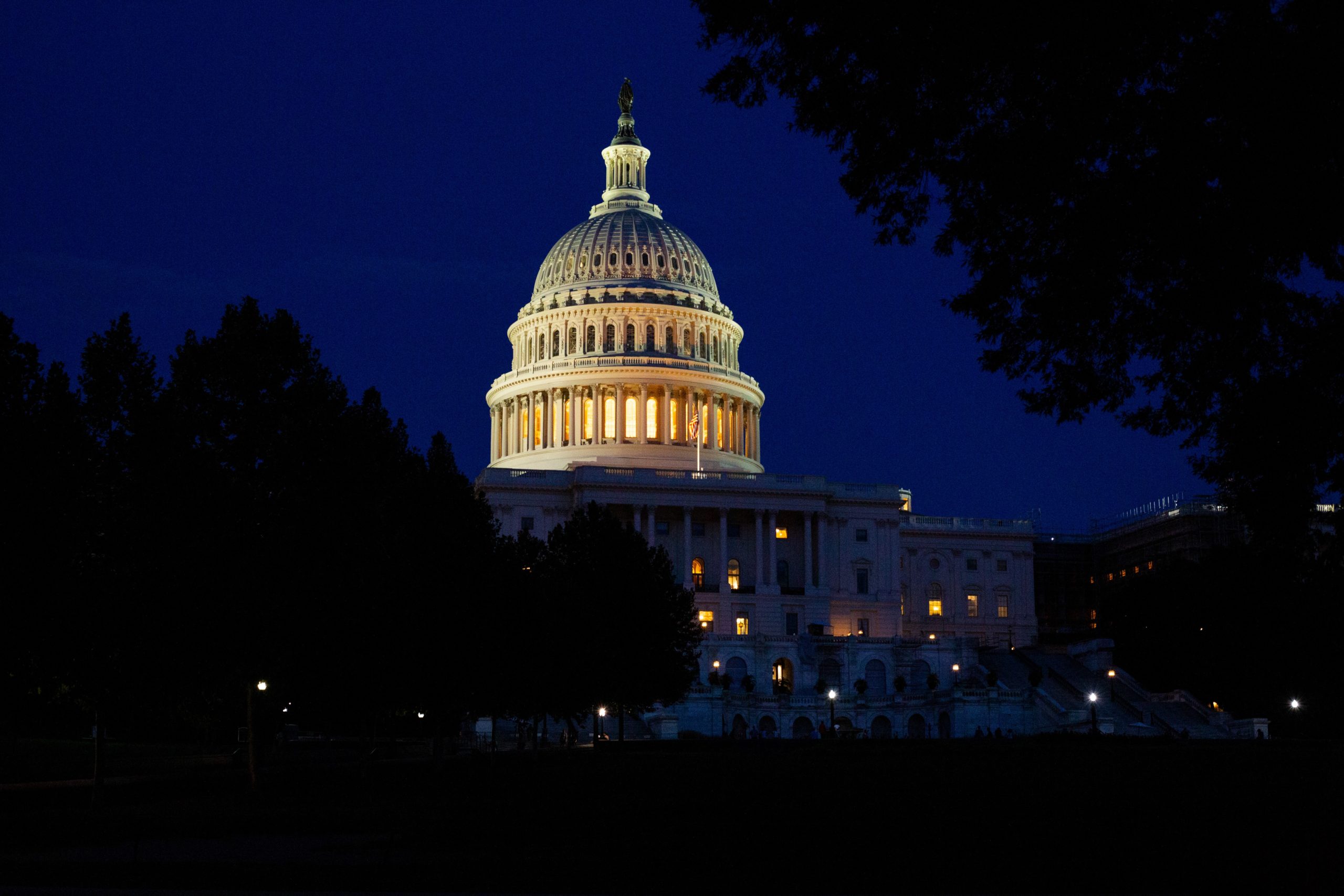Insights
The Biden White House’s Early Agenda.

President Biden’s inauguration ushered in a new era in Washington. The surprising elections of Senators Jon Ossoff and Raphael Warnock delivered Democratic control of Congress and the White House, promising a slight reduction in the anticipated gridlock in Washington, though not a total reprieve. The new administration’s ability to work with their counterparts on Capitol Hill remains uncertain, but the broad contours of Biden’s—and the Democratic Congress’—policy priorities are starting to become clear.
While the Biden team’s initial focus will be tackling the daily aspects of any new administration—issuing Executive Orders and working through the approval of new Cabinet members—addressing the pandemic and, to a lesser extent, its economic impact will be the main priorities. Beyond COVID-19 relief funding, there will be an intense focus on accelerating vaccine distribution efforts and expanding testing capabilities through direct federal support.
The remainder of the 117th Congress will likely be dedicated to broader health care challenges, infrastructure, and immigration reform.
Health Care: Even before the pandemic, a Biden administration and Democratically-controlled Congress would likely focus on expanding the Affordable Care Act to provide health care coverage to a larger share of Americans. In the wake of COVID-19, those goals will be even more of a priority. Proposals will likely center on a public option, lowering the eligibility age for Medicare, and/or enhancing the subsidies available to Americans who purchase coverage through a state-based exchange.
Infrastructure: “Infrastructure Week” has been a four-year-long running joke in D.C., but a stagnant economy and worsening unemployment picture make a significant infrastructure package a palatable option with bipartisan support to jump-start the economy. While the focus will be on repairing and building roads, bridges, and transit systems, the pandemic has highlighted the critical importance of broadband access, a crucial point of agreement between urban Democrats and rural Republicans.
Immigration: Immigration reform—arguably the most contentious political issue of this century—has been debated in Congress since the second term of President George W. Bush. Despite a consensus proposal introduced by the “Gang of Eight” and passed by the Senate in 2013, no progress has been made on providing a pathway to citizenship for the millions of undocumented immigrants currently living and working in the United States. President Biden has pledged to reignite this conversation and break through the bottleneck with a bipartisan proposal in the first 100 days of his administration.
America’s multiple crises and the breadth of President Biden’s 100-day agenda offer a clear opportunity for brands and organizations to influence the outcome of upcoming policy fights. While Washington will certainly be less chaotic than it has been for the last four years, there will be no lack of drama. The big unknown is to what degree Congressional Republicans will work with Democrats on the Hill—whether we’ll see a return to the obstruction of the Obama years or a more productive, bipartisan era.